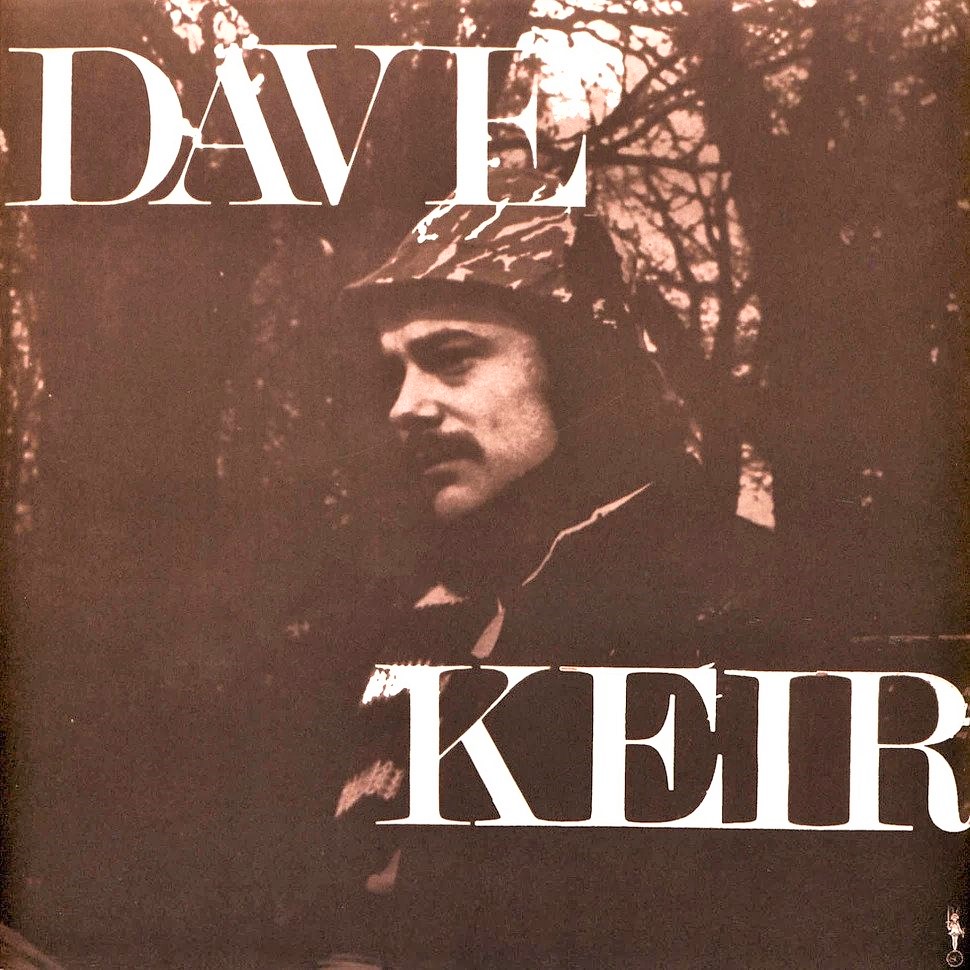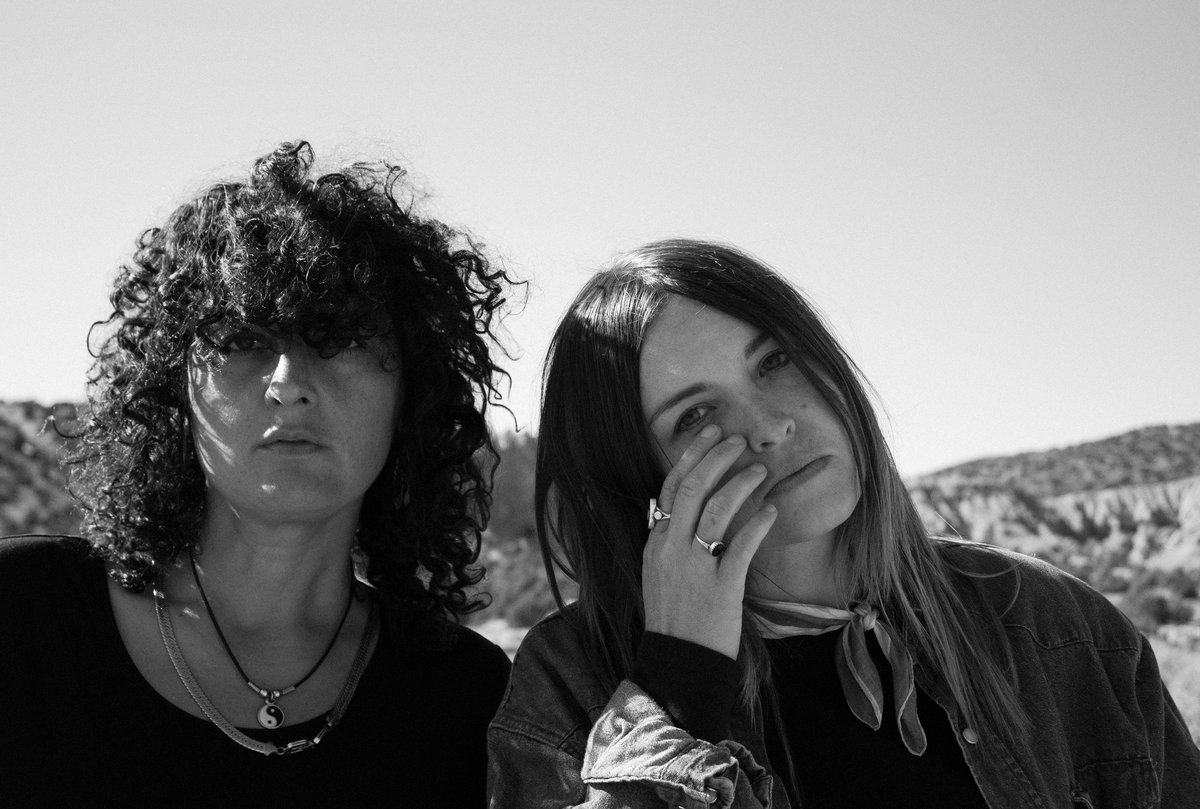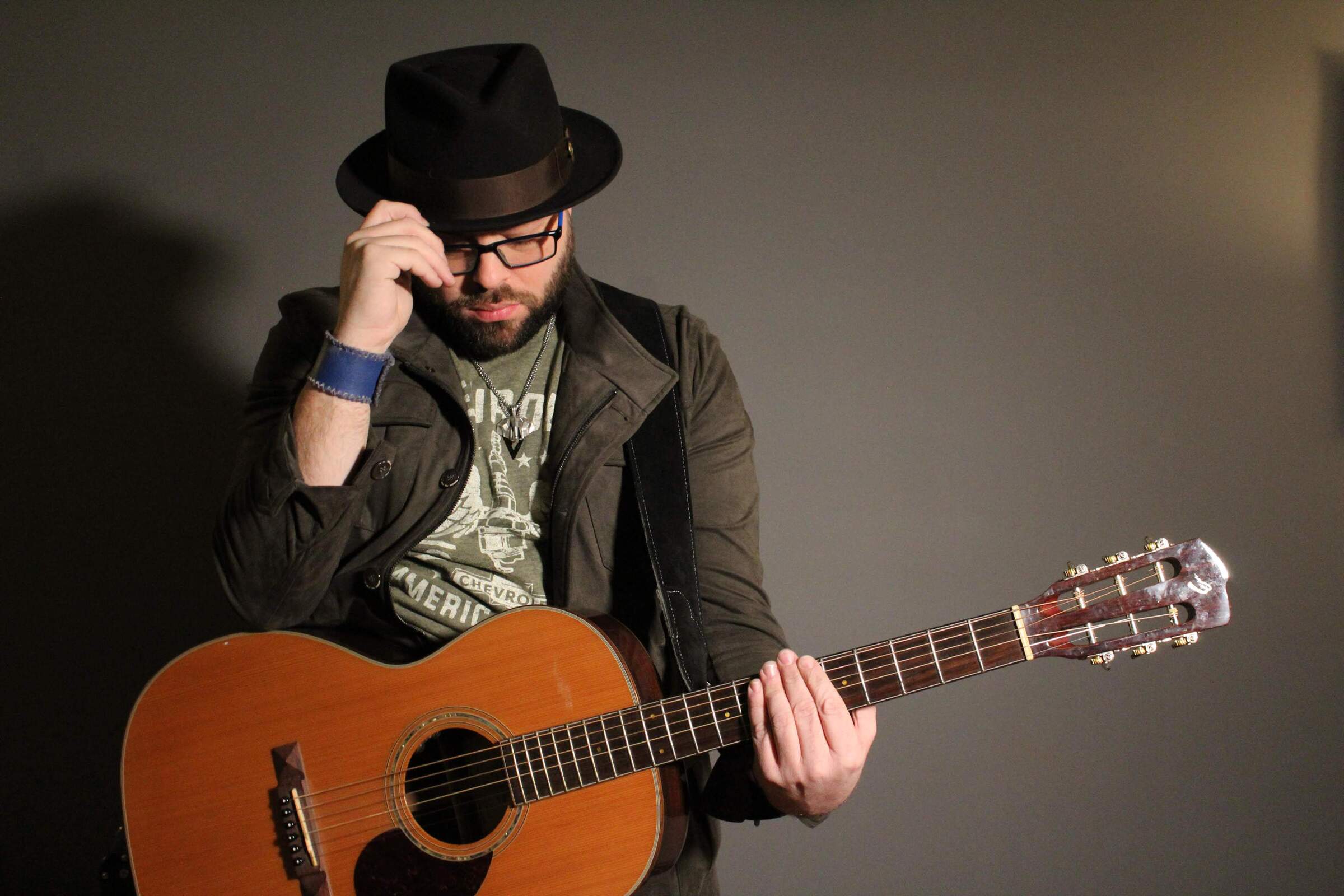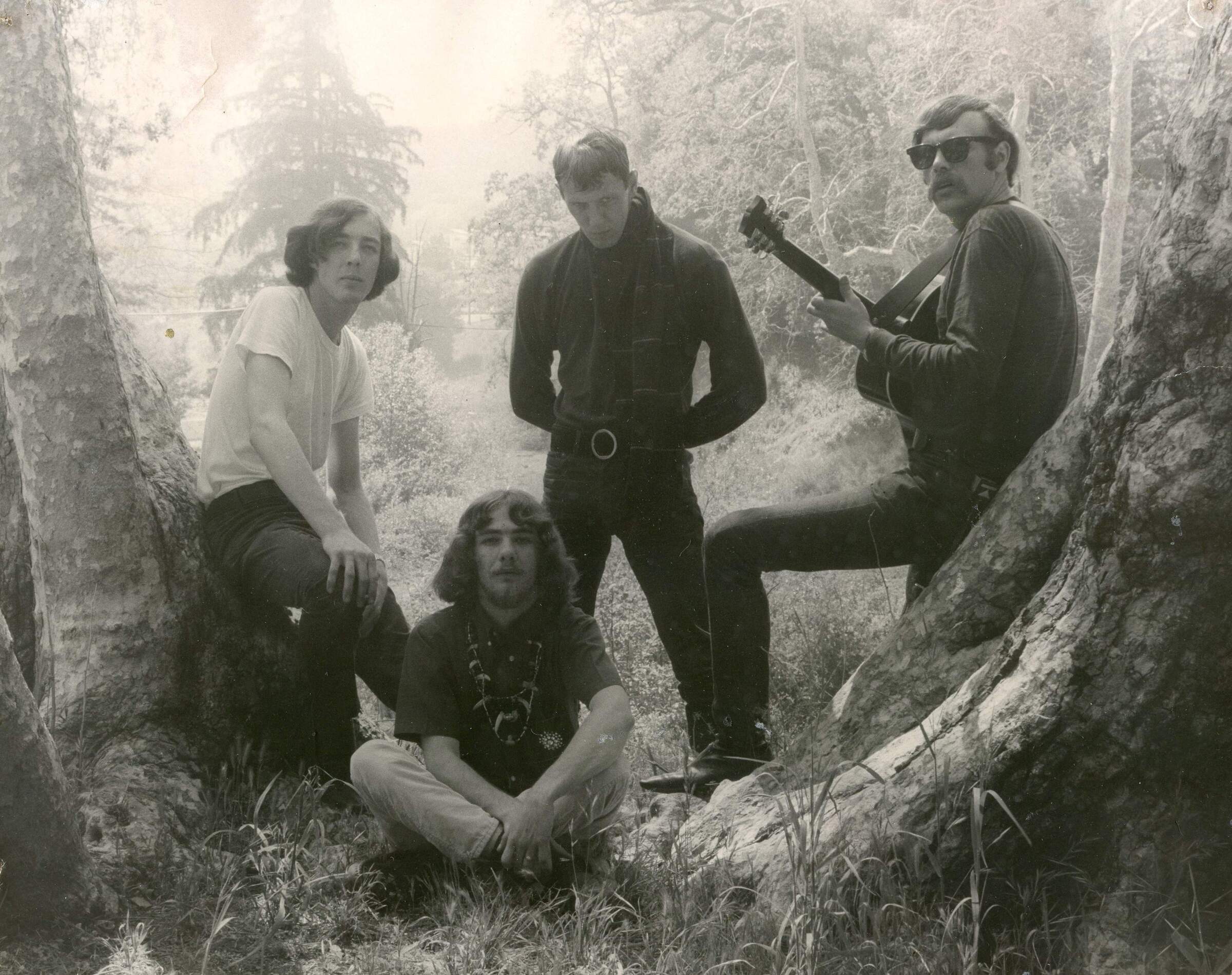Dave Keir | Interview | Lost 1976 Album
Dave Keir is Edinburgh based singer-songwriter and acoustic fingerstyle guitar player that released a stunning folk rock album in 1976 and is now being reissued by Seelie Court.
Hypnotic guitar playing throughout this superbly melancholic folk rock LP, privately issued in 1976 (“Folkland Records”) alongside Crooked Oak’s debut. Brilliant songs that edge towards Roy Harper, characterised by exquisite finger picked guitar compositions which are deep, dark and magical, and infused with a sense of sorrow.
Thanks to Seelie Court who issued his 1976 album and for making this interview possible.
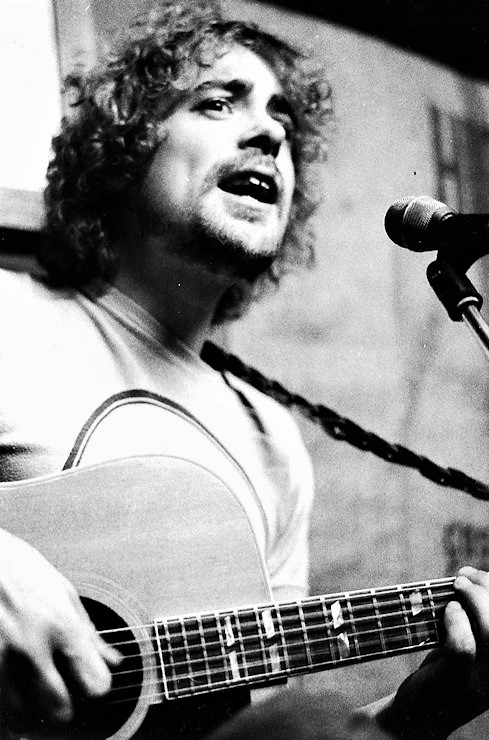
“Most of my songs are expressions of my inner world”
It’s really nice to have you. Would you like to talk about growing up in Glasgow? What was that like for you?
Dave Keir: Well, I was born in Glasgow, but I grew up in the satellite town of Paisley and later in the small village of Kilmacolm. My childhood was not a happy one, either at home or school. I was glad to leave when I was old enough and move to London.
Was music a big part of your family life? Did the local music scene influence you or inspire you to play music?
There was a lot of music at home. I remember clearly my mother listening on the radio to arias from Puccini operas. My father loved the symphonies of Beethoven and, in particular, Sibelius. He bought a number of LPs which he took great care of. I also remember him “conducting” the symphonies blazing out from our radiogram. My older brother bought contemporary records. I remember a lot of Johnny Cash and rock and roll: Gene Vincent, Marty Wilde and some Roy Orbison, and others too. So I was sort of “bathed” in a variety of sounds and, of course, all that would have left an imprint on my musical sensibilities. I remain grateful for that background, despite the troubles around me.
Did you and your friends have a certain place where you hang out and talk about music et cetera?
Not one place as such. The friends I made in the music scene in London were also colleagues – and competitors too! Of course conversations were always about music and each others’ experiences getting gigs and the state of the music scene generally.
When did you first pick up a guitar and what made you do so?
The first guitar I picked up was in fact my elder brother’s. I was about seven or eight years old. I remember while recovering from some childhood illness laying it flat across my knees and just “noodling” on it and finding things that sounded nice. Sometime along the way my brother showed me the right way to hold a guitar, showed me some chords and taught me how to play a couple of American folk songs.
When did you begin playing music? Who were your major influences?
Well, as time went by I came to use the guitar as a “comfort blanket” to protect myself from the unhappiness around me. I retreated to my bedroom and spent hours learning songs from The Beatles song books and later Bob Dylan songs by ear from records. I was also a fan of The Beach Boys and later Jimi Hendrix and Cream. It was also the time I started making some coherent music of my own – however naively and juvenile.
What was the first song you ever composed?
Early on I had aspirations to be a songwriter and I was always making up stuff. I ended up with dozens of “songs” for which I had written down the chords and words. They were really just juvenilia but I guess it was a process of learning how to do it and get an ability to make judgments about what I was doing. I ended up with dozens of these “songs.” It was a long time before I made up a song that would get played in public.
Were you in any bands while you were in high school or even later on?
There was a short time that I owned an electric guitar and played in a band with some school friends. We played mostly hits of the day. We really weren’t very good although we did do a support for a local band at a dance. When I moved to London in the early ‘70s I had met a guy who became a good friend and who showed me proper fingerstyle on an acoustic guitar. We did play together at a couple of college folk clubs but it was his guitar lesson that opened up a new world for me. It was after this that I think I started to find my “voice” on the guitar.
Seelie Court reissued your stunning album from 1976. What’s the story behind it? Where was it recorded and who was the producer?
I was approached by a gentleman after I had finished playing a set at a folk-club hosted in the Cabbage Patch pub in Twickenham who invited me to do some recording for an LP. His name was Theo Johnson and it turned out he owned the Jazzland record label of which Folkland was a subsidiary. I no longer have any recollection of the recording sessions or the studio, but the album sleeve lists TW music and Riverside Recordings. The producer would have been Theo.
The album was released by Folkland Records. How many copies did they press and what can you say about the label.
I’d say about 500 copies were pressed. I sold most of these at gigs when I started playing and touring in Europe. I’m sorry but my knowledge of the label outside the recording of my record is pretty non-existent.
Would you share your insight on the albums’ tracks?
The songs on the album are simply a collection of songs that I was playing at gigs around the time it was recorded. The best songs on it are reflective pieces on love, friendship, and on one occasion a pet cat who had died! There are also a few traditional Scottish fiddle tunes that I had arranged for fingerstyle guitar. These tunes would also lighten the mood at gigs lest I should be considered to be just another maudlin singer-songwriter!
How would you describe the folk scene of the 60s and early 70s?
I was too late for the 60s folk revival. I came along just as it was splitting into the two camps of “traditional” and “contemporary” folk genres. Each had their followers and the clubs that featured – often exclusively – one style of the other. It was a bit tribal with the traditionalist calling the contemporary artists self-absorbed narcissists and the contemporary crew labelling the traditionalists as fossilised. It was a shame and I think the reputation of acoustic artists was damaged in the eyes and ears of the public. Then along came disco and the rest is (contemporary!) history.
Did you often perform live? Tell us about the clubs and other musicians you shared stages with?
I started off playing clubs and bars in London. The friend who had shown me fingerstyle had a job shipping wine from Germany to London. He knew the music scene in Germany and he suggested that he arrange some gigs for me in Europe. So, in January 1976 we drove through Belgium and Germany playing at clubs, bars and youth centres. I returned on my own in ‘77 and during my spell in Belgium a local guy approached me in a cafe in Gent me and offered to set up a tour. We became good friends and because of his help and my own efforts in Germany I spent more time playing in Europe than in the UK. Being a solo artist I rarely shared the stage with other players. It was pretty well always solo gigs with just me on the bill.
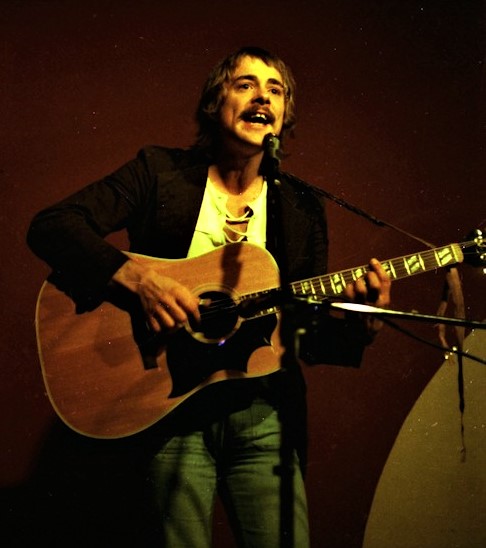
A few years later you recorded ‘I Can See Dover’. What can you say about it? What was going on in your life around that time?
After a gig in London – it must have been in 1981 – I was approached by a couple of guys who had set up their own operation to record and promote artists they came across who they thought might be successful on a bigger stage. We recorded a couple of songs with electric guitar, bass, keyboard, drums and backing singers. They tried to promote those songs to some labels, but without success. When shortly after I decided to record a new LP they gave me the rights to include the songs on it. Around the same time I was friendly with some members of a folk/rock band who provided backing to a few of the other songs. The remainder are typical solo performances. So, the album is unique in my output due to the varied arrangements. Very shortly after the album was finished my son was born and I realised that reliance on a musical career in my genre was too unreliable to support a family and decided to get a “real” job. And I put my guitar away in its case for a few years.
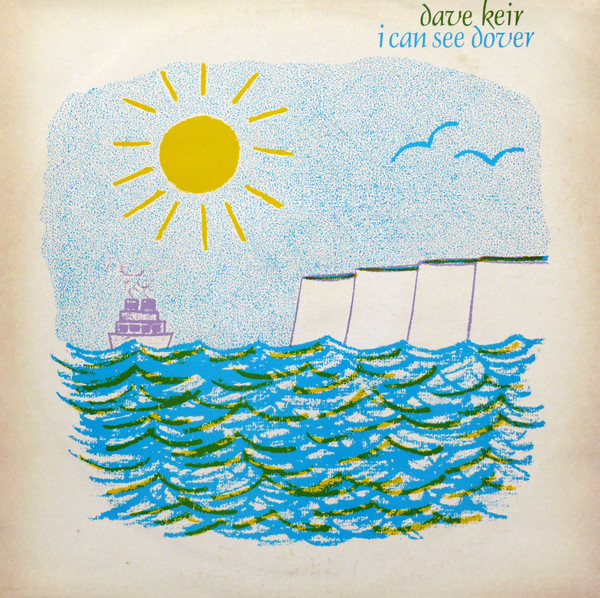
On your website you have extensively written about depression. Would you like to discuss what impact it has on your life, how you dealt with it and how are you today?
Well, I wrote two articles on my website describing my reflections on depression. Episodes of depression have accompanied me throughout my adult life. Like everyone else with the same disposition I’ve learned to be accustomed to it and manage it. It certainly doesn’t define me or limit me.
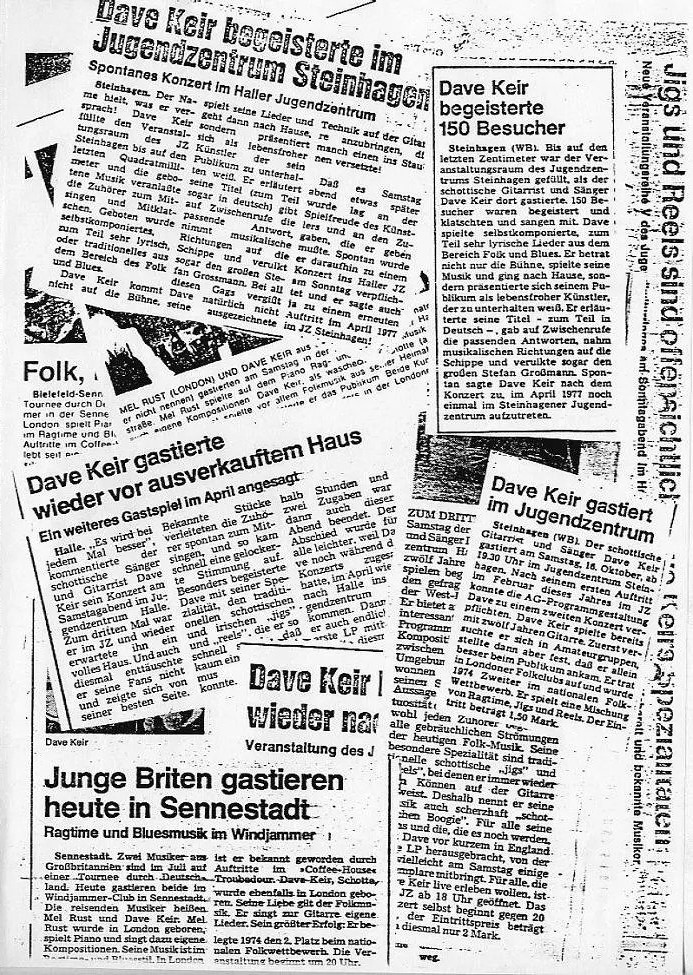
Would you say your song is also a reflection of the states you were going through?
Most of my songs are expressions of my inner world or reflections on the world around me. They are not so much descriptive but rather strings of lines or verses that “paint a picture”.
What would be your typical songwriting process like?
Always, the guitar tune comes first; mainly as a result of “noodling” on the guitar. I will be in a state of mind which will drive the mood of what I’m doing. If I’m lucky, I will stumble across a phrase that will make me sit up and take notice. I’ll experiment with this and develop it if I can and, again if I’m lucky, I’ll end up with the scaffolding of a song. The lyrics that follow will inevitably be driven by the music which will always be suggestive of the subject – or even purpose – of the song. The whole process will normally take a few days or, if I’m writing a few songs, weeks or even months from the first ideas to the finished songs – including revisions – could elapse. I remain conscious throughout the process that the songs are intended to be heard by an audience, either at a gig or through a recording – or both. My intention is for the song to communicate and, I hope, resonate with listeners.
In the “recent times” you released ‘Interim Reports,’ ‘Uneasy Listening,’ ‘Good Grief!’. What’s the story behind those albums? How would you compare them to your early work?
After my failed attempt to quit playing guitar, I picked it up again and after a short while a couple of songs popped out: I think it was in 1986 that I came up with ‘Red John’ and ‘The Spaniard’. As the songwriting gathered pace I realised that it was silly not to take them out so once again I went down to the folk club in Twickenham and played a few and got some headline gigs. In 1992 my family and I moved to Aberdeen for my day-job but I kept up taking the songs out to acoustic music venues in the city. Eventually I made the decision to record the songs for self-released CDs. I realised this was viable since there were now new opportunities to sell music online as well as at gigs. So in ‘96 So I set up a small studio in our home and started learning the craft of recording an acoustic guitar with voice. The CDs were finally released between 2006 and 2012.
On that note, there is still a lot of unreleased material, if I’m not mistaken.
Yes, I have about 30 songs that I’ve written over the years that have not yet been released or published. They are ready to go – they just need final mastering and compilation into albums. This is a project that my collaboration with Seelie Court will take to completion.
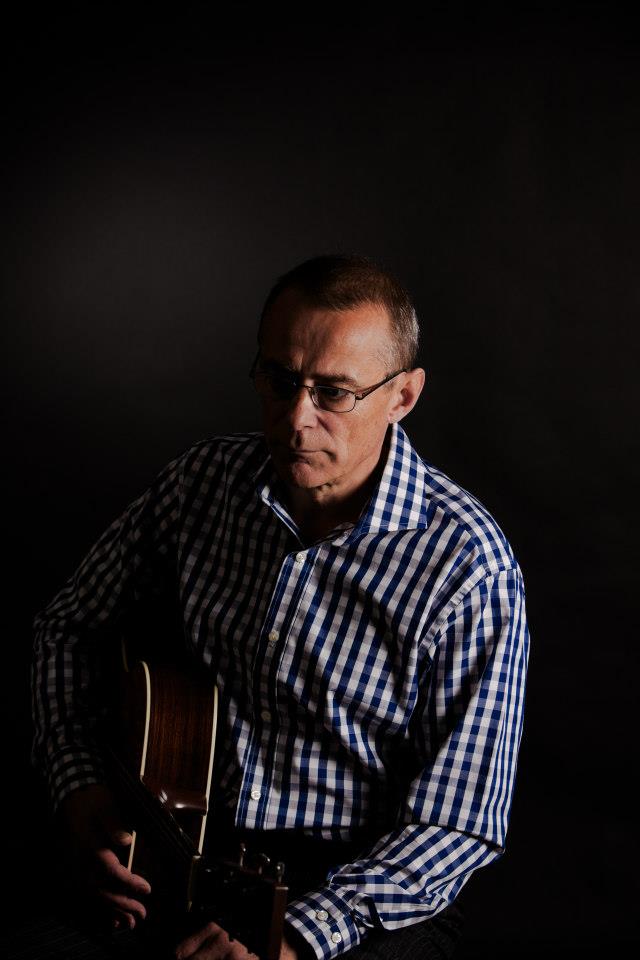
Looking back, what was the highlight of your time in the band? Which songs are you most proud of? Where and when was your most memorable gig?
If I reflect on my career then I see it as a story – as a whole: full of highlights and only and few disappointments. I would not like to pick one gig as most memorable. There are too many evenings I remember with fondness to pick one out. There are many faces and kind words spoken that stay with me. The songs I’m most proud of are those that people would approach me to tell me that there was something in a song that resonated with them personally. When I got that kind of response then I knew I was doing something right.
Klemen Breznikar
Dave Keir Official Website / Facebook

